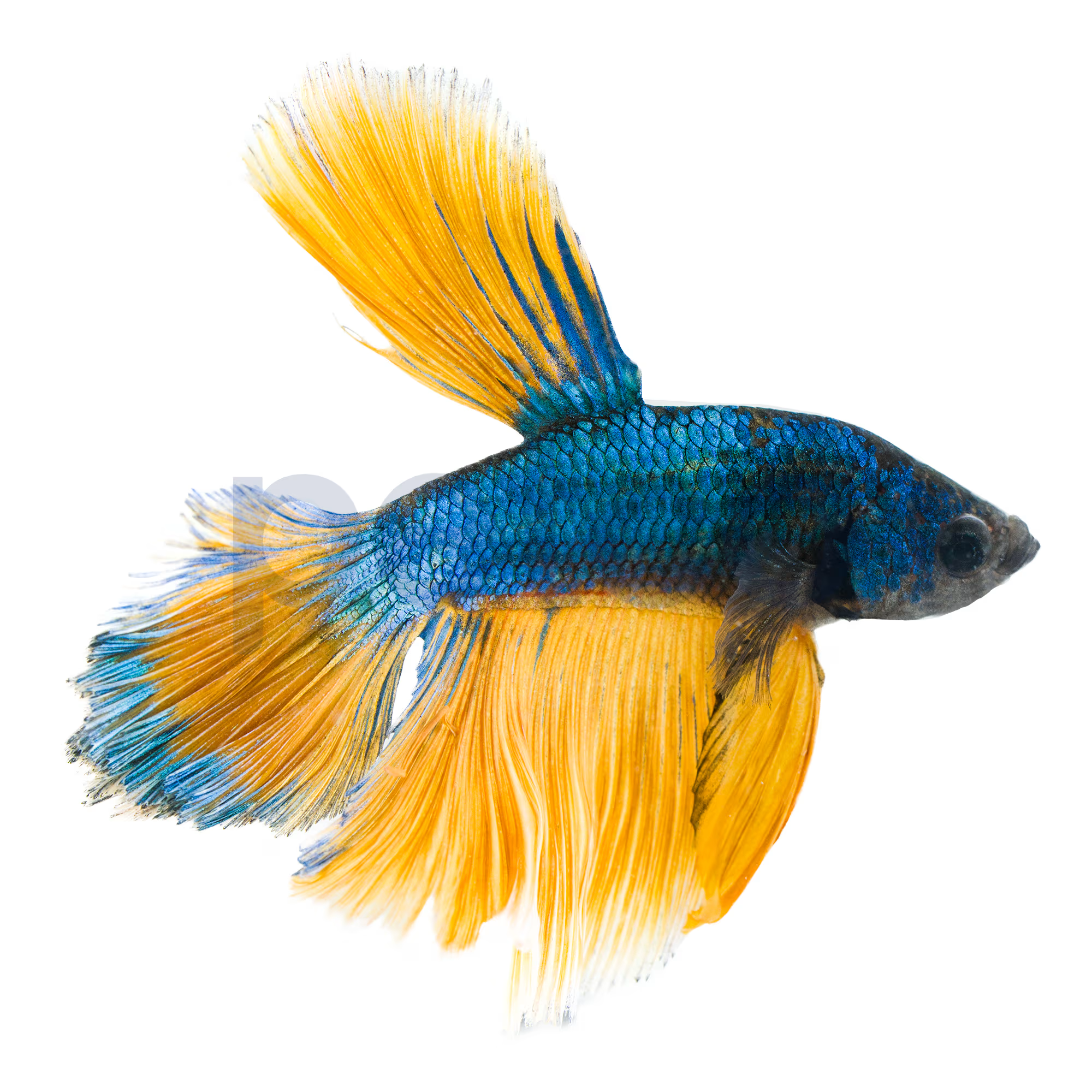Betta Fish Treatment: Necessary Tips for a Healthy and Pleased Pet
Betta Fish Treatment: Necessary Tips for a Healthy and Pleased Pet
Blog Article
The Ultimate Overview to Betta Fish Care: Necessary Tips for Preserving a Healthy and Successful Fish Tank Atmosphere
Effective Betta fish treatment demands a thorough understanding of their one-of-a-kind ecological and physiological needs. Establishing a suitable fish tank starts with choosing the right container size and guaranteeing optimal water conditions, which are vital for the health and wellness of your Betta.
Choosing the Right Tank
Choosing the ideal container for your Betta fish is vital to ensuring its health and health. Bettas flourish in settings that simulate their natural environments, which usually include calm, cozy waters. A container dimension of at the very least five gallons is recommended to give ample swimming area, as smaller sized containers can result in stress and health concerns for these vibrant fish.
When picking a container, take into consideration the storage tank's form and purification system. Additionally, a reputable filtering system is essential to preserve water top quality and decrease the regularity of water modifications.
Temperature level guideline is an additional crucial variable; Bettas prefer water temperatures between 76 ° F and 82 ° F. Spending in a good heating unit will make certain that the water stays within this range, promoting a healthy and balanced and active way of living for your Betta. Lastly, providing suitable container designs and concealing areas will certainly help in reducing stress and motivate natural habits, better enhancing your Betta's well-being.
Keeping Water Quality
Maintaining optimal water top quality is essential for the health and wellness and long life of Betta fish. This requires regular monitoring of different parameters, including temperature level, pH, ammonia, nitrite, and nitrate levels.
The pH level should preferably fall in between 6.5 and 7.5. Routine screening making use of a reliable water screening kit can aid make certain these criteria stay within the ideal ranges. Ammonia and nitrite degrees need to constantly go to 0 ppm, as even low concentrations can be hazardous to Betta fish. Nitrate levels need to be maintained under 20 ppm to protect against long-lasting health issues.
Routine water modifications are essential to maintaining water quality. Furthermore, integrating a durable purification system can help in maintaining water clarity and top quality, supplying a healthier habitat for your Betta fish.
Ideal Feeding Practices
Giving a well balanced diet regimen is crucial for the health and wellness and dynamic coloration of Betta fish, as their nutritional requirements play a substantial function in their general health. Betta fish are meat-eating by nature, calling for a diet plan high in protein. A mix of high-quality pellets, icy or online foods such as bloodworms, salt water shrimp, and daphnia can supply the essential nutrients they need.
Feed your Betta fish 2 to 3 times a day, providing only what they can eat within 2 to 3 minutes to avoid overfeeding and preserve water top quality. Overfeeding can cause weight problems and wellness issues, including swim bladder illness. It is vital to check their nutritional consumption and adjust portion sizes appropriately.
Along with protein, a balanced diet plan ought to include nutrients to promote ideal health and wellness. Take into consideration supplementing their diet plan with premium flakes or pellets particularly formulated for Betta fish, as these typically contain required review ingredients.

Creating an Ideal Environment

Water top quality is paramount; preserve a temperature between 76 ° F and 82 ° F, and make certain the pH level ranges from 6 - betta fish.5 to 7.5. Normal water modifications of 25-50% each week will certainly aid keep contaminants away and guarantee a secure environment
Incorporating plants and concealing spots is important, as Betta fish are normally territorial and take pleasure in having areas to check out and retreat. Live or silk plants, along with caverns and accessories, can produce a stimulating environment.

Routine Wellness Checkups
Performing regular wellness appointments is crucial for making sure the well-being of Betta fish, as early detection of possible problems can protect against serious illness. These checkups should include a detailed evaluation of the fish's physical problem, actions, and environmental aspects.
Begin by observing the Betta fish for any type of indicators of distress, such as lethargy, anorexia nervosa, or uncommon swimming patterns. In addition, evaluate the fins and body for signs of staining, lesions, or fin rot, which can show infections or parasites. On a regular basis keeping track of the water quality in the fish tank is equally crucial; specifications such as pH, ammonia, nitrite, and nitrate degrees need to be kept within optimum arrays to stop stress and anxiety and health problem.
Additionally, think about preserving a log of health and wellness Get More Information observations and water top quality tests. Timely treatment can make a considerable difference in the recovery of your Betta fish, ensuring a lengthy and healthy and balanced life in a well-maintained fish tank setting.
Conclusion
Finally, successful Betta fish care hinges on creating and preserving an optimal aquarium setting. Secret variables include Learn More Here choosing an appropriately sized storage tank, making sure regular water high quality, adhering to ideal feeding practices, and making a habitat that reduces stress. Normal health checkups are vital for early detection of possible problems. By adhering to these standards, aquarists can promote the well-being and vibrancy of Betta fish, inevitably causing a growing marine ecological community.
Report this page